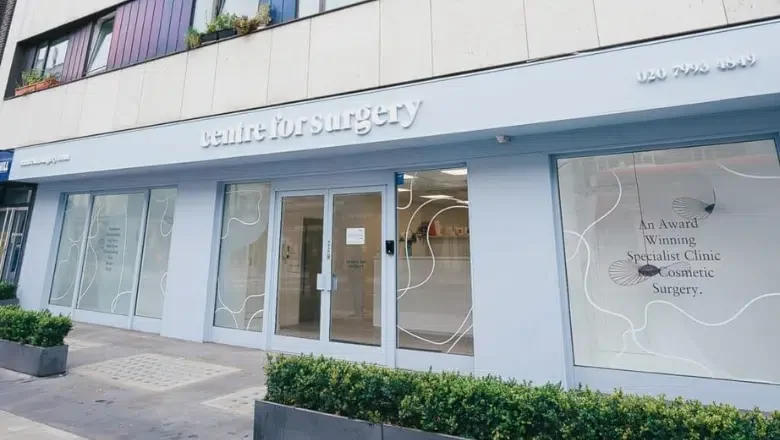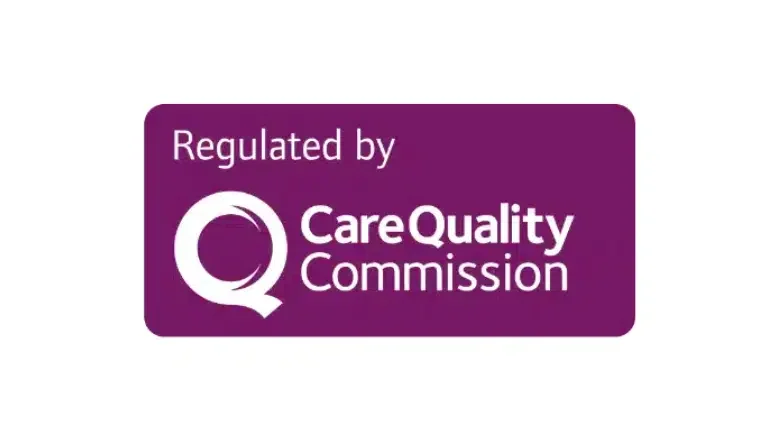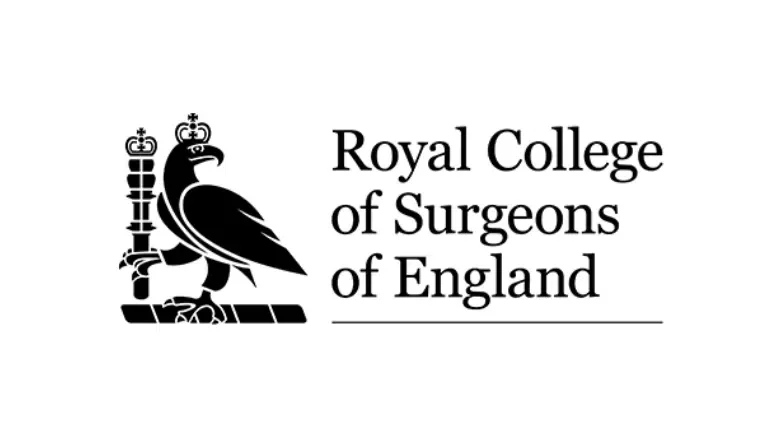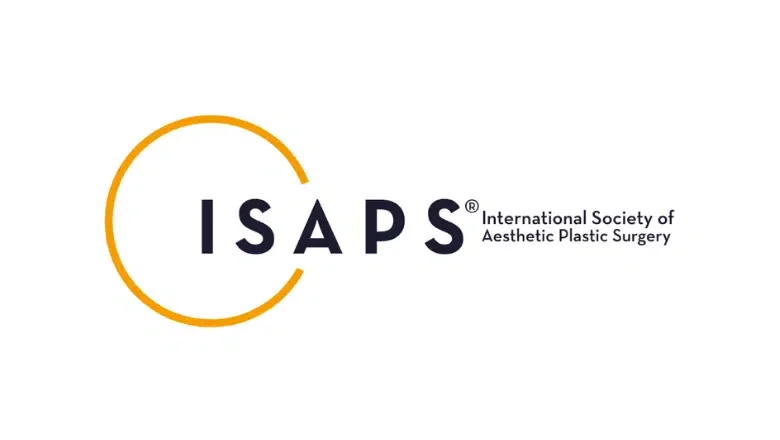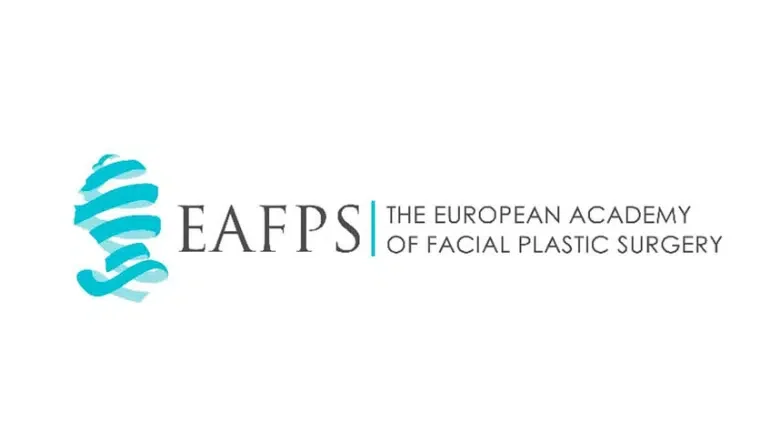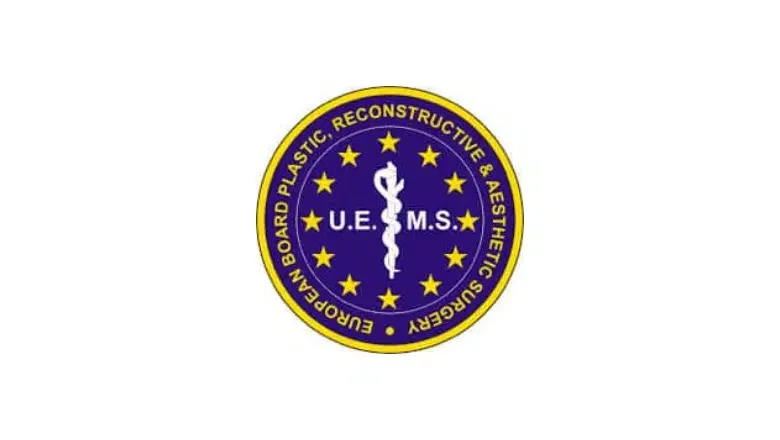Top Tips to Minimise Swelling and Bruising during Recovery after Facelift Surgery
Facelift surgery is a popular procedure that can reduce the signs of ageing, gravity, and sun damage, making you look ten years younger. However, inflammation and bruising after surgery can be frustrating for patients. While it is normal to experience swelling and bruising during the recovery process, proper aftercare can help minimise these side effects and promote a more comfortable recovery.
Our top facelift experts are committed to providing a premium patient care experience during the surgery and throughout the recovery phase. We offer personalised aftercare tips to each patient to help them minimise swelling and bruising after their facelift or mini facelift procedure, ensuring a smoother and faster recovery.
Practical Tips for Alleviating Swelling and Bruising Following a Facelift Procedure
Here are some valuable recommendations for a speedy recovery and to help diminish swelling and bruising after a facelift surgery:
Adhere to Postoperative Guidelines
During the consultation, your surgeon will discuss the fundamentals of the facelift procedure and evaluate your health to confirm that you are an appropriate candidate. You may also be asked to undergo specific tests to avert any complications during and after the surgery. A staff member will provide comprehensive post-operative instructions that you must follow to avoid any adverse effects. These guidelines will cover bandage changes, incision care, details about medications, movement, exercise, rest, and general advice.
Prioritise Rest and Relaxation
Create a comfortable space in your home for rest and recuperation. Ensure your bedroom contains all the essentials for your recovery—extra pillows, soothing music, items within reach, water, snacks, and anything else you may need. Strive for 8 hours of sleep per night and take daytime naps as needed. Sufficient rest will not only aid in recovery but also help reduce swelling.
Stay Hydrated
Water consumption is crucial for overall well-being and recovery. It assists your body in eliminating excess fluid trapped within tissues. The more water you drink, the less fluid retention you’ll experience. Aim for 6 to 8 glasses of water daily. Consume fruits and vegetables with high water content, and avoid caffeinated drinks that can dehydrate you. Water is not only free and easily accessible, but it will also be your best ally during the recovery phase.
Embrace a Healthy Diet
While recovering, it can be tempting to order your favourite dishes online. However, it’s not the best idea following surgery. Opt for home-cooked meals with low sodium content. Steer clear of processed foods, fast foods, and other high-salt items. Consume plenty of fruits, vegetables, wholesome carbs and fats, and protein to see an improvement in swelling and your energy levels.
Utilise Cold Compresses to Reduce Bruising and Inflammation
Cold compresses serve a purpose beyond comfort. Applying ice packs to your face can lessen bruises and swelling. Cold temperatures combat inflammation by constricting blood vessels. Additionally, cold can numb nerve endings and decrease pain and discomfort. However, exercise caution and prevent frostbite. Refrain from exposure to heat for four to six weeks following the procedure, as it can exacerbate inflammation. If you underwent surgery during warm summer months, ensure you stay indoors with air conditioning.
Maintain an Elevated Head Position
Experiencing tightness in the face and neck is typical and anticipated. This sensation may interfere with your sleep. We advise using multiple pillows to prop up your head while sleeping. Alternatively, you can utilise a foam wedge or sleep in a recliner for the initial few days. Elevating your head will help reduce post-facelift swelling.
RELATED: Facelift Recovery – top tips
Essential Post-Surgery Precautions to Decrease Bruising and Swelling
Focusing on proper post-surgery practices is as crucial as removing certain activities that could hinder the healing process and cause discomfort. Here is a list of activities to avoid:
Attend All Follow-Up Visits
Do not miss any follow-up appointments, even if your recovery seems to be progressing well. Skipping appointments can be detrimental to your healing process. Follow-up visits allow your surgeon to assess your progress and make any necessary adjustments.
Minimise Salt Consumption
Salt can cause water retention and aggravate swelling. It is best to avoid packaged and fast foods. Opt for home-cooked meals whenever possible, select foods with high water content, and drink ample water.
Refrain from Sleeping on Your Front or Side
Sleeping on your stomach or side can exert pressure on incision sites, exacerbating swelling and bruising while negatively impacting surgical outcomes. Ensure you sleep on your back and keep your head elevated.
Limit Caffeine Consumption
It’s best to avoid caffeinated beverages altogether, but if you must, restrict your intake to one drink per day. Excessive caffeine can dehydrate your body, which is counterproductive for managing post-surgical swelling.
Don’t Overexert Yourself
You may be eager to resume your normal activities, but it is essential to prioritise healing. If you enjoy exercising, it can be challenging to abstain from workouts, but you must avoid high-intensity exercises and heavy lifting. Overexertion can impede recovery and prolong swelling.
Steer Clear of Blood-Thinning Medication
Avoid blood-thinning medications, as they can contribute to bruising. Adhere to the medications your surgeon prescribes, and inform them of any other medications you are taking.
Commonly Asked Questions About Post-Facelift Recovery & Tips for Managing Swelling and Bruising
We often receive questions about recovery following facelift surgery. Here are some answers to these frequently asked questions:
How can I accelerate healing after facelift surgery?
Healing varies from person to person, so don’t rush your recovery. Follow your surgeon’s pre and post-op instructions to ensure your body heals at an appropriate pace.
How can I minimise swelling after facelift surgery?
To minimize swelling after facelift surgery, follow your surgeon’s pre and post-op instructions, attend follow-up visits, avoid blood-thinning medications, take prescribed medications, maintain a healthy, low-sodium diet, drink plenty of water, sleep on your back, use cold compresses, and give your body time to heal.
How long does swelling persist after facelift surgery?
Swelling usually lasts for 3 to 4 weeks following a facelift. Most of the swelling diminishes by the end of the first month, with minor residual swelling possibly lasting a few months, but it’s hardly noticeable.
Can you ice too much after facelift surgery?
Yes, excessive icing can lead to ice burns. Wrap ice in a towel and apply it to your face for 10 to 15 minutes, followed by a 15-minute break.
How do I prevent facial bruising post-surgery?
While you can’t completely prevent bruising following facelift surgery, adhering to your surgeon’s pre and post-op instructions can help reduce bruising and promote a quicker recovery.
When should I use scar cream after facelift surgery?
Once your incisions have fully healed, typically one to two weeks post-surgery, you can use scar removal creams. However, consult with your surgeon for the best course of action.
What helps with bruising after surgery?
To alleviate bruising post-surgery, use cold compresses, take prescribed medications, avoid blood thinners, and elevate your head while sleeping.
When does bruising fade after surgery?
Bruising generally subsides within two to three weeks following surgery.
What should I apply to scars after facelift surgery?
Once incisions have fully healed, you can use silicone strips and gels on your scars. Consult your surgeon for the best topical treatments.
How can I eliminate a bruise within 24 hours?
It’s impossible to remove a bruise within 24 hours completely. However, by following your surgeon’s pre and post-op instructions, you can significantly reduce bruising within about two weeks.
How do I reduce inflammation after surgery?
Follow your surgeon’s pre and post-op instructions: avoid smoking and alcohol, use cold compresses, stay hydrated, maintain a healthy diet, take prescribed medications, and keep your head elevated while resting.
How long should I use scar-minimising ointments after a facelift?
Continue using scar-minimising ointments for one to three weeks following your facelift surgery.
How do I prevent scarring after facelift surgery?
To minimise scarring, stay hydrated, care for your incisions, avoid sun exposure without sunscreen, refrain from putting pressure on incisions, and use silicone gels or creams on your scars.
Should I massage my face after a facelift?
Once your facial incisions have fully healed and your surgeon gives the go-ahead, you can gently massage your face using upward and outward strokes to help with lymphatic drainage and reduce puffiness.
Can I drink coffee after a facelift surgery?
You can consume coffee after your facelift surgery, but it’s essential to limit your intake to about one cup per day. Excessive caffeine can dehydrate your body, which is not conducive to post-surgical recovery.
Does toothpaste help with bruises?
Using toothpaste on bruises is not recommended, as certain ingredients can irritate your skin and exacerbate bruising.
Is bruising and swelling normal after surgery?
Yes, bruising and swelling are normal and expected after surgery. By adhering to your surgeon’s pre and post-op instructions, most of the bruising and swelling should subside within about three weeks.
When can I sleep on my side after a facelift?
Avoid sleeping on your side or face for at least four weeks following your facelift surgery.
Why choose Centre for Surgery
At Centre for Surgery, we take pride in offering the highest standards of surgical expertise, patient care, and advanced technology. Our goal is to ensure every patient receives exceptional treatment, from consultation to recovery, with a focus on safety, precision, and outstanding results.
Highly Experienced and Skilled Surgeons
Our team consists of some of the most highly qualified and experienced surgeons in the field of cosmetic and medical procedures. Each specialist has undergone rigorous training and possesses a wealth of expertise in their respective areas. With a patient-focused approach, our surgeons carefully tailor each treatment to ensure the most natural, harmonious, and long-lasting results. From initial consultation to aftercare, you will receive expert guidance and support, ensuring you feel confident at every stage of your journey.
Cutting-Edge Facilities for Optimal Care
At Centre for Surgery, we have created a state-of-the-art medical environment designed to prioritise both safety and comfort. Our clinic is equipped with the latest advancements in surgical technology, allowing our specialists to perform procedures with the highest degree of precision. Every aspect of our facility is designed to meet the strictest safety standards, ensuring that your experience is as smooth and stress-free as possible. Whether you are undergoing a minor non-surgical treatment or a complex procedure, you can trust that you are in an environment built for excellence in patient care.
Tailored Treatment Plans for Every Patient
We understand that no two patients are the same, which is why we provide a fully personalised approach to treatment. From the moment you step into our clinic, you will receive individualised care, with our specialists taking the time to understand your specific goals, concerns, and expectations. Our focus is on creating bespoke treatment plans that enhance natural beauty while ensuring results that are both subtle and transformative. With dedicated patient coordinators available to support you, you will always feel heard, valued, and cared for throughout your journey with us.
A Consultation Process That Puts You First
A well-informed patient is a confident patient. Our comprehensive consultation process is designed to provide you with clear, honest, and detailed information about your procedure. Every step is discussed thoroughly, including the expected results, recovery process, and any associated risks. We encourage open communication, allowing you to ask questions and express any concerns. By the end of your consultation, you will have a clear understanding of what to expect, enabling you to make a fully informed decision about your treatment.
A Strong Commitment to Safety and Patient Satisfaction
Your safety and well-being are at the heart of everything we do. At Centre for Surgery, we adhere to strict medical protocols and the highest safety standards to ensure a secure and professional surgical environment. Our team is dedicated to maintaining the best possible care at every stage of your procedure, ensuring that your experience is not only safe but also comfortable and stress-free. We measure our success by the satisfaction of our patients, and our focus remains on achieving exceptional results that exceed expectations.
Dedicated Aftercare and Ongoing Support
Recovery is just as important as the procedure itself, which is why we provide comprehensive aftercare and continuous support throughout your healing journey. Our team is readily available to offer guidance, reassurance, and professional medical advice, ensuring your recovery is smooth and complication-free. Whether you have a simple query or require a follow-up appointment, we are always here to assist you. We want you to feel confident and at ease throughout the entire process, knowing that you have access to expert care whenever you need it.
Affordable Treatment with Transparent Pricing and Flexible Finance Options
We believe that high-quality cosmetic and medical procedures should be accessible to all patients. That’s why we offer transparent pricing with no hidden costs, ensuring you are fully informed about the financial aspects of your treatment. To make your procedure more affordable, we provide a range of flexible finance options, allowing you to spread the cost in a way that suits your budget. Our team is available to guide you through payment plans and financing solutions, making it easier for you to invest in your confidence and well-being.
Essential Steps to Take Before Your Consultation
Conduct Thorough Research
- Read a procedure guide to gain further insight into your surgery
- Visit our website to learn more about the specific procedure you’re interested in
Is a Medical Referral Necessary for a Consultation at Our Clinic?
- A medical referral is helpful, but not required, for purely cosmetic consultations.
- If you seek a consultation for medical reasons and have private insurance, please obtain a referral from your GP or specialist.
Maximising the Benefits of Your Consultation
- Arrive a little early for your in-person consultation
- Feel free to bring a friend or family member to assist you in processing information and discussing your options
- Be prepared to undress for a physical examination; wear simple clothing
- Take detailed notes during the consultation and carefully review all provided documents
Seeking More Information Before Scheduling a Consultation?
- Learn more about pricing, medical payment plans, and financing your surgery.
- Request additional information about the procedure – call or contact us
Booking Your Consultation
- Secure your initial consultation by prepaying the £100 cosmetic consultation fee when scheduling your appointment.
ARRANGE A PHONE CALL FOR MORE INFORMATION
- To arrange a surgeon consultation at our Baker Street clinic, contact us or call on 0207 993 4849
For more information, email us: contact@centreforsurgery.com



